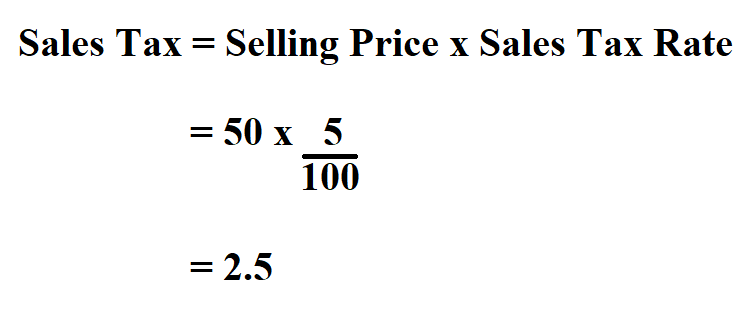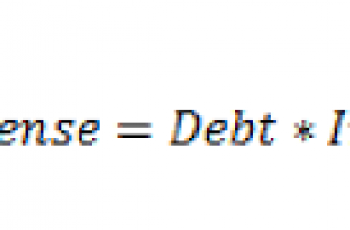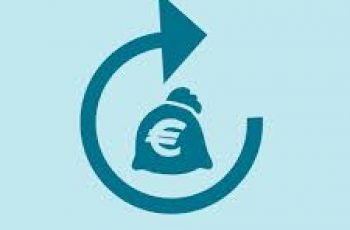What is Sales Tax?
We can define sales tax as a type of tax levied on the sale on the purchase of goods and services for consumers and to the sale of goods and services for businesses.
Sales tax is categorized as a consumption tax because this type of taxes are generally passed along to consumers at the point of sale.
A sales tax is also a type of indirect tax, which means it isn’t paid directly to the government as is income tax. Instead, retailers collect sales taxes from their consumers and then remit them to the appropriate government entity.
Sales tax isn’t imposed by the federal government instead is imposed by both state and local governments, and it makes up the largest source of tax revenue for countries.
In the USA, some of the states are exempted from paying taxes, these states are Alaska, Delaware, New Hampshire, Montana and Oregon. Although in Alaska and Montana, the local municipalities are permitted to charge sales tax.
What is taxed?
Products and services subject to sales tax vary by state. In many states, groceries and prescriptions are exempt from sales tax. In some, clothing is also exempt. Other types of goods that are not subject to sales tax include:
- Items purchased for resale to consumers. The assumption is that retail consumers will pay sales tax once the items are sold.
- Items purchased as raw materials. Products purchased that will be used as components of a handmade or manufactured product are not subject to sales tax.
- Items purchased by a nonprofit. Nonprofit organizations do not pay sales tax.
The other type of exemption is the one between business-to-business transactions which, when taxed, cause tax pyramiding.
Most people tend to confuse sales tax with value added tax (VAT). The key difference between the two is that while sales taxes are collected at the final sales of a good or service, VAT is collected at each stage of production.
Formula to Calculate Sales Tax.
- Determine whether you’ll even be paying sales tax.
- Find out how much sales tax your state charges
- Multiply retail price or the selling price by the tax rate.

Selling price is defined as the price at which a good or service is sold by the seller to the buyer.
Sales tax rate is the percentage of the selling price that a consumer has to pay as sales tax.
Example:
Corazon purchased a blouse that has a selling price of $50 and the sales tax rate is 5%. Calculate the sales tax that Corazon must pay.

Therefore, the total amount of the sales tax is $ 2.5.

